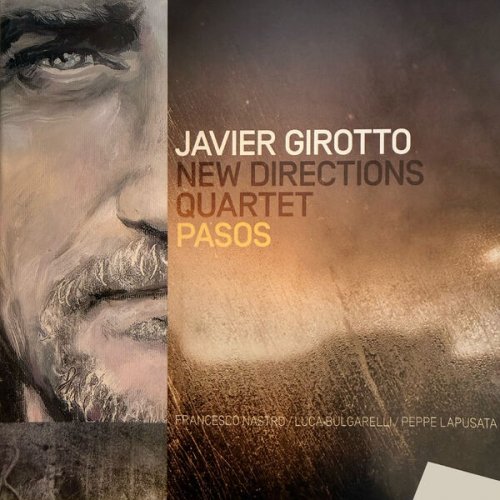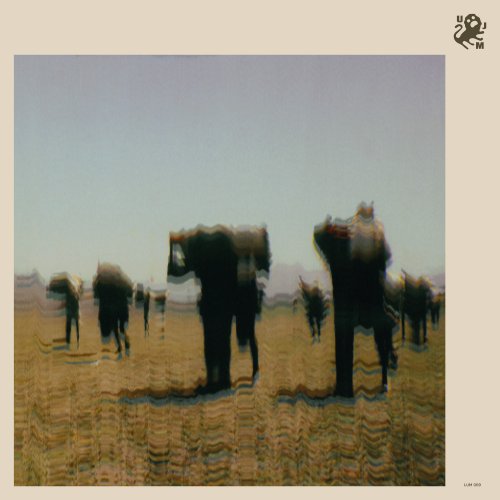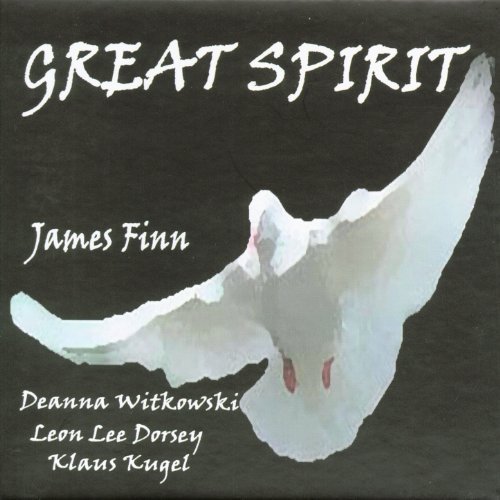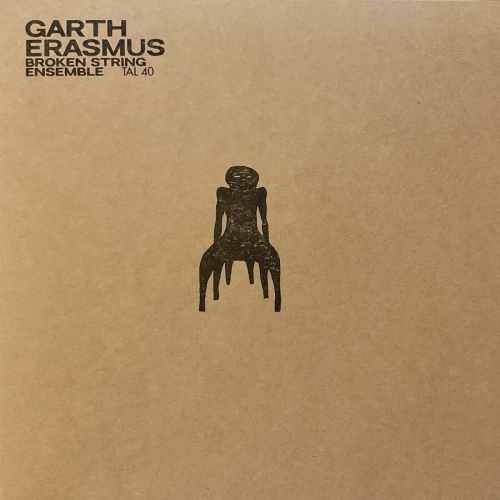Gewandhausorchester Leipzig & Igor Markevitch - Mussorgski: Bilder einer Ausstellung - Eine Nacht auf dem kahlen Berge (2017) [Hi-Res]

Artist: Gewandhausorchester Leipzig, Igor Markevitch
Title: Mussorgski: Bilder einer Ausstellung - Eine Nacht auf dem kahlen Berge
Year Of Release: 2017
Label: Berlin Classics
Genre: Classical
Quality: flac lossless (tracks) / flac 24bits - 96.0kHz +Booklet
Total Time: 00:43:10
Total Size: 197 / 743 mb
WebSite: Album Preview
TracklistTitle: Mussorgski: Bilder einer Ausstellung - Eine Nacht auf dem kahlen Berge
Year Of Release: 2017
Label: Berlin Classics
Genre: Classical
Quality: flac lossless (tracks) / flac 24bits - 96.0kHz +Booklet
Total Time: 00:43:10
Total Size: 197 / 743 mb
WebSite: Album Preview
01. Pictures at an Exhibition: Promenade I
02. Pictures at an Exhibition: I. The Gnome
03. Pictures at an Exhibition: Promenade II
04. Pictures at an Exhibition: II. The Old Castle
05. Pictures at an Exhibition: Promenade III
06. Pictures at an Exhibition: III. Tuileries
07. Pictures at an Exhibition: IV. Bydlo
08. Pictures at an Exhibition: Promenade IV
09. Pictures at an Exhibition: V. The Ballet of Unhatched Chicks in their Shells
10. Pictures at an Exhibition: VI. Samuel Goldenberg and Schmuÿle
11. Pictures at an Exhibition: VII. The Market Place at Limoges
12. Pictures at an Exhibition: VIII. Catacombae (Sepulchrum Romanum), Con mortuis in lingua Mortua
13. Pictures at an Exhibition: IX. The Hut of Baba Yaga
14. Pictures at an Exhibition: X. The Great Gate of Kiev
15. Night on Bald Mountain
![Gewandhausorchester Leipzig & Igor Markevitch - Mussorgski: Bilder einer Ausstellung - Eine Nacht auf dem kahlen Berge (2017) [Hi-Res]](https://www.dibpic.com/uploads/posts/2022-05/1651387242_igor-markevitch-mussorgski-bilder-einer-ausstellung-eine-nacht-auf-dem-kahlen-berge-2017-back.jpg)
Igor Markevitch enjoys a legendary reputation. He was successful both as a conductor of leading orchestras and as a composer and (university) lecturer. His pupils include Daniel Barenboim, Herbert Blomstedt and Wolfgang Sawallisch. In his autobiography Die Musik mein Leben (music, my life) Barenboim recalls that Igor Markevitch had taught him a personal, highly individual style of conducting. In his Salzburg course he was completely preoccupied with the clarity of the sound, the clarity of the rhythm and the clarity of the gesture. In many ways it was these characteristics that Markevitch introduced to the collective consciousness of the orphaned late-60s Gewandhaus orchestra. 1968 had seen Václav Neumann resign his position as conductor in protest at the suppression of the Prague Spring and its echo in the publications of East Germanys ruling Socialist Unity Party. Despite his short term of office, Neumann was able to advance from the Konwitschny era with a new approach to programming and a new style by means of new or additional core repertoire and a leaner, more highly articulated sound. Markevitch was the ideal person to continue this task. Markevitch laid down his understanding of maintaining tradition through renewal with his 1973 Eterna recording of a work that is one of the worlds best known: Mussorgskys Pictures at an Exhibition in Maurice Ravels orchestration. Ravels version has clearly acquired more of a patina than the original piano version written half a century earlier, as even a first hearing of Markevitchs recording proves. His interpretation suggest an imagined reorchestration of Mussorgskys work rough and angular rather than polished and elegant. Without any patina. There is another work which was recorded for this production Mussorgskys symphonic poem Night on Bald Mountain.






![Movement in the City - Movement in the City 3 (2025) [Hi-Res] Movement in the City - Movement in the City 3 (2025) [Hi-Res]](https://img.israbox.com/img/2026-01/13/iawdgavhv5s7xdbiz4s2fywa7.jpg)

